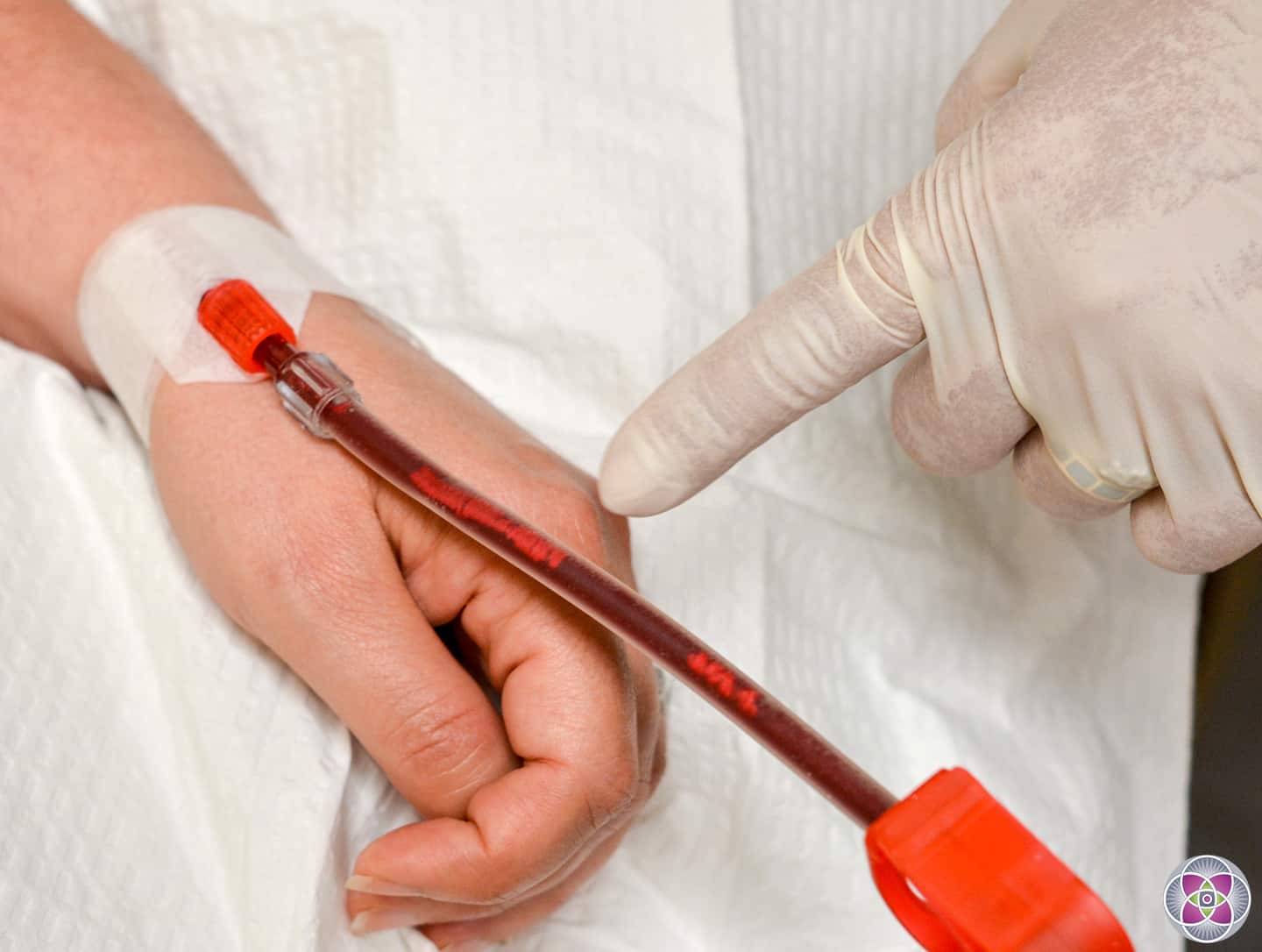Breathing New Life: The Remarkable Benefits of Blood Oxygenation and Ozonation Therapy
In modern medical advancements, there is a treatment that holds promising benefits for various health conditions – extracorporeal blood oxygenation and ozonation therapy. eboo pharmaceuticals involves the external oxygenation and ozonation of blood outside the body before reintroducing it, enriching the bloodstream with revitalizing properties. With its focus on enhancing oxygen levels in the blood and eliminating harmful toxins through ozone therapy, this form of treatment offers a holistic approach to improving overall well-being.
By targeting blood oxygenation and ozone infusion, this therapy aims to elevate the health and vitality of individuals by optimizing their circulatory system. Through the process of enhancing oxygen levels in the blood and introducing ozone's purifying effects, this therapy paves the way for enhanced cellular function and detoxification. As a non-invasive and potentially transformative treatment option, extracorporeal blood oxygenation and ozonation therapy holds the promise of revitalizing health and promoting a renewed sense of wellness.
History and Development
Blood oxygenation and ozonation therapy, also known as extracorporeal oxygenation therapy, has a rich history dating back to the early 20th century. The concept originated from the pioneering work of scientists and medical practitioners who sought innovative ways to enhance blood oxygen levels outside the body. Over time, advancements in technology and medical understanding have led to the development of sophisticated systems and protocols for administering this therapy.
The evolution of extracorporeal blood oxygenation and ozonation therapy has been marked by significant milestones. In the 1950s, the first successful experiments with artificial oxygenation of blood laid the foundation for further research and clinical applications. Subsequent decades saw the refinement of techniques and the introduction of ozonation into the process, adding an additional dimension to the treatment's effectiveness.
Today, extracorporeal blood oxygenation and ozonation therapy stands as a testament to the continual progress in medical science and technology. Through ongoing research and clinical trials, the therapy has demonstrated promising results in various medical conditions, highlighting its potential to revolutionize treatment approaches. As its evolution continues, the therapy holds the promise of further advancements that could benefit patients around the world.
Mechanism of Action
When a patient undergoes extracorporeal blood oxygenation and ozonation therapy, their blood is exposed to ozone and oxygen outside of the body. This process helps increase the amount of oxygen in the blood, leading to improved oxygen delivery to tissues and organs. By enhancing oxygenation, this therapy can support cellular metabolism and overall function.
Additionally, ozonation of the blood during therapy helps stimulate antioxidant enzyme production, which can protect cells from oxidative stress and damage. This mechanism of action is believed to contribute to the therapy's potential benefits in reducing inflammation and improving immune function. Overall, the combination of increased oxygen levels and antioxidant effects plays a vital role in supporting the body's natural healing processes.
Furthermore, the ozonation process during therapy is thought to have antimicrobial properties, helping to eliminate pathogens in the blood. By targeting and neutralizing harmful microorganisms, extracorporeal blood oxygenation and ozonation therapy may aid in controlling infections and promoting overall immune system health. This dual mechanism of action highlights the therapeutic potential of this innovative approach to enhancing blood oxygen levels and immune function.
Clinical Applications
In clinical settings, extracorporeal blood oxygenation plays a crucial role in treating conditions where traditional methods may not suffice. By infusing oxygen directly into the bloodstream, this therapy can swiftly increase oxygen levels, benefiting patients with respiratory distress. Ozonation therapy, on the other hand, introduces ozone to the blood, which is believed to have antimicrobial properties that can help combat infections and boost the immune system.
Furthermore, extracorporeal blood oxygenation and ozonation therapy have shown promise in managing chronic conditions such as cardiovascular disease. By enhancing oxygen transport and improving blood flow, these therapies can potentially aid in reducing inflammation and oxidative stress, thereby improving overall cardiovascular health. Studies have indicated that incorporating these therapies into treatment plans may have a positive impact on patients' long-term outcomes.
In addition to acute and chronic conditions, extracorporeal blood oxygenation and ozonation therapy have also garnered attention for their potential role in enhancing athletic performance and promoting overall wellness. By optimizing oxygen delivery and supporting the body's natural detoxification processes, athletes may experience improved stamina, faster recovery times, and reduced muscle fatigue. Overall, the clinical applications of these therapies continue to expand as researchers uncover more potential benefits for various health concerns.
